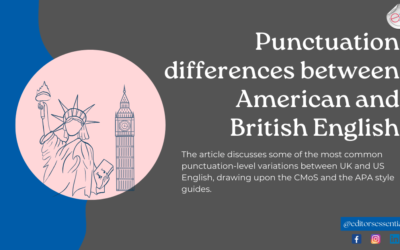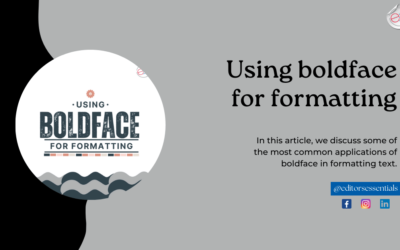Ensuring consistency in spelling is one of the housekeeping kind of editing tasks for a copy editor. Even though Microsoft Word provides a large array of English options, the global publishing world is divided between – or should I say, united by – two variations of English spelling: British spelling and the American spelling.
In fact, a copy editor who is bound to serve publishers that prefer not either of them alone should clearly understand and know the differences between the two. When I edit, I always ensure that setting the manuscript to a consistent spelling, as desired by the publisher or the author, is one of my first tasks. (Preparing the style sheet, when not available, is my foremost priority.) In my experience, I’ve realized that slips in spelling is a big no-no for the authors and publishers.
When it comes to ensuring consistency in spelling, one should clearly know the variations in spelling. The following variations are more common:
“-our vs. -or”, “-re vs. -er”, “-ce vs. -se”, “-xion vs. -ction” for English words with roots in Latin
“-ise vs. -ize” (-isation vs. -ization), “-yse vs. -yze”, “-ogue vs. -og”, ae and oe for English words with Greek roots
However, one should not be deceived by this seemingly simple list of variations. There are so many other, such as doubling or not of consonants and difference in past tenses of verbs. There are variations to standard phrases too: for example, “in the light of” vs “in light of”, “outside” vs “outside of”.
Wikipedia’s page on “American and British English Spelling Differences” seems to be a good place to start. Dictionaries are the authentic place.




0 Comments